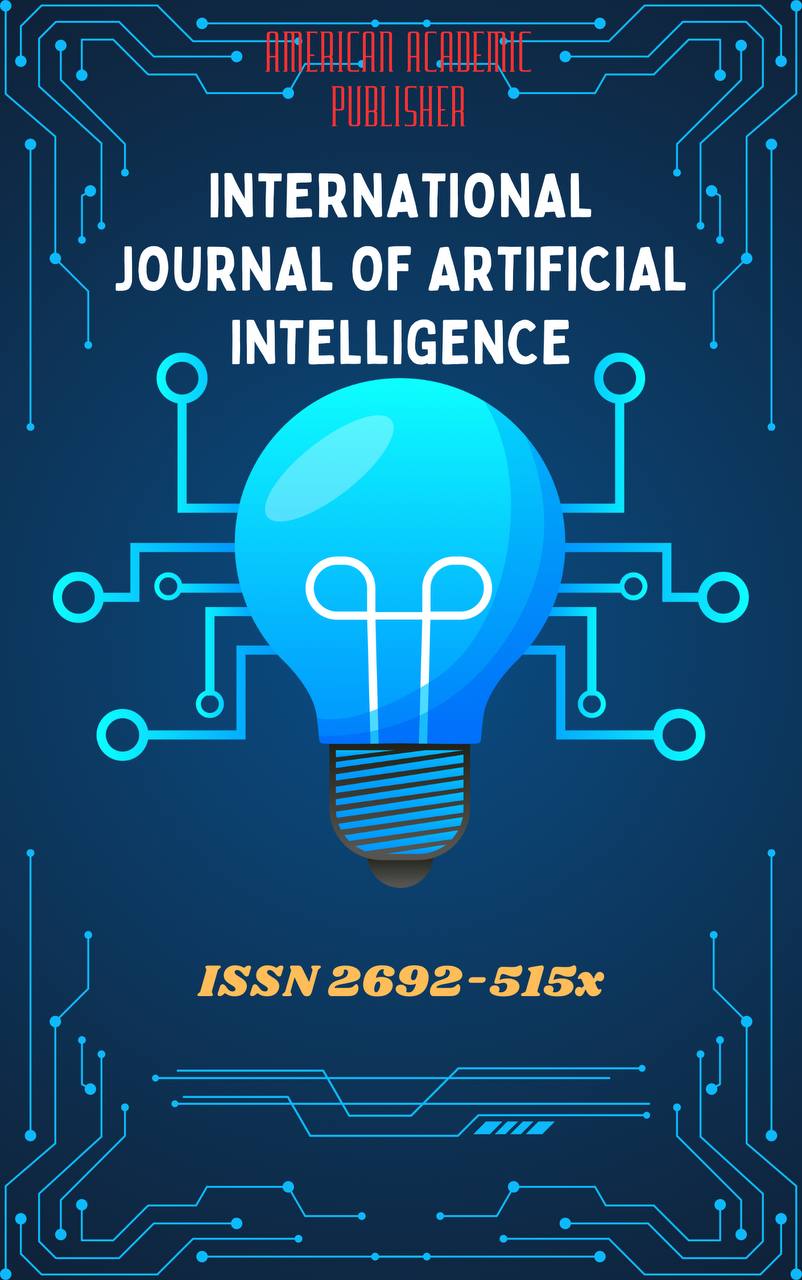 Articles
| Open Access |
Articles
| Open Access | LINGUISTIC APPROACHES IN THE CREATION OF MEDICAL TERMINOLOGY
Alimatova Sevarakhon Khasanjon kizi , English teacher Kokand UniversityAbstract
Medical terminology plays a crucial role in scientific and clinical communication. This study explores linguistic approaches in the formation of medical terminology, including semantic, morphological, syntactic, ethnolinguistic, and international strategies. By analyzing historical and contemporary medical terms, the research highlights how linguistic methods contribute to the accuracy, standardization, and international compatibility of medical terminology. The study also emphasizes the importance of balancing universal medical terms with culturally adapted terminology to enhance global healthcare communication.
Keywords
References
Bowker, L., & Pearson, J. (2002). Working with Specialized Language. Routledge.
Bühler, K. (1934). Sprachtheorie. Fischer.
Cabré, M. T. (1999). Terminology: Theory, methods and applications. John Benjamins.
Crystal, D. (2008). A Dictionary of Linguistics and Phonetics. Blackwell.
Dudley-Evans, T., & St. John, M. J. (1998). Developments in English for Specific Purposes. Cambridge University Press.
Gotti, M. (2003). Specialized Discourse: Linguistic Features and Changing Conventions. Peter Lang.
Montalt-Resurrecció, V., & Shuttleworth, M. (2012). Medical Translation Step by Step: Learning by Drafting. Routledge.
Muminov, M. (2015). The Influence of Traditional Medicine on Medical Terminology. Medical Journal of Uzbekistan.
Picht, H., & Draskau, J. (1985). Terminology: An Introduction. University of Surrey Press.
Sager, J. C. (1990). A Practical Course in Terminology Processing. John Benjamins.
Temmerman, R. (2000). Towards New Ways of Terminology Description: The Sociocognitive Approach. John Benjamins.
WHO. (2020). International Classification of Diseases (ICD). World Health Organization.
Article Statistics
Downloads
Copyright License

This work is licensed under a Creative Commons Attribution 4.0 International License.

